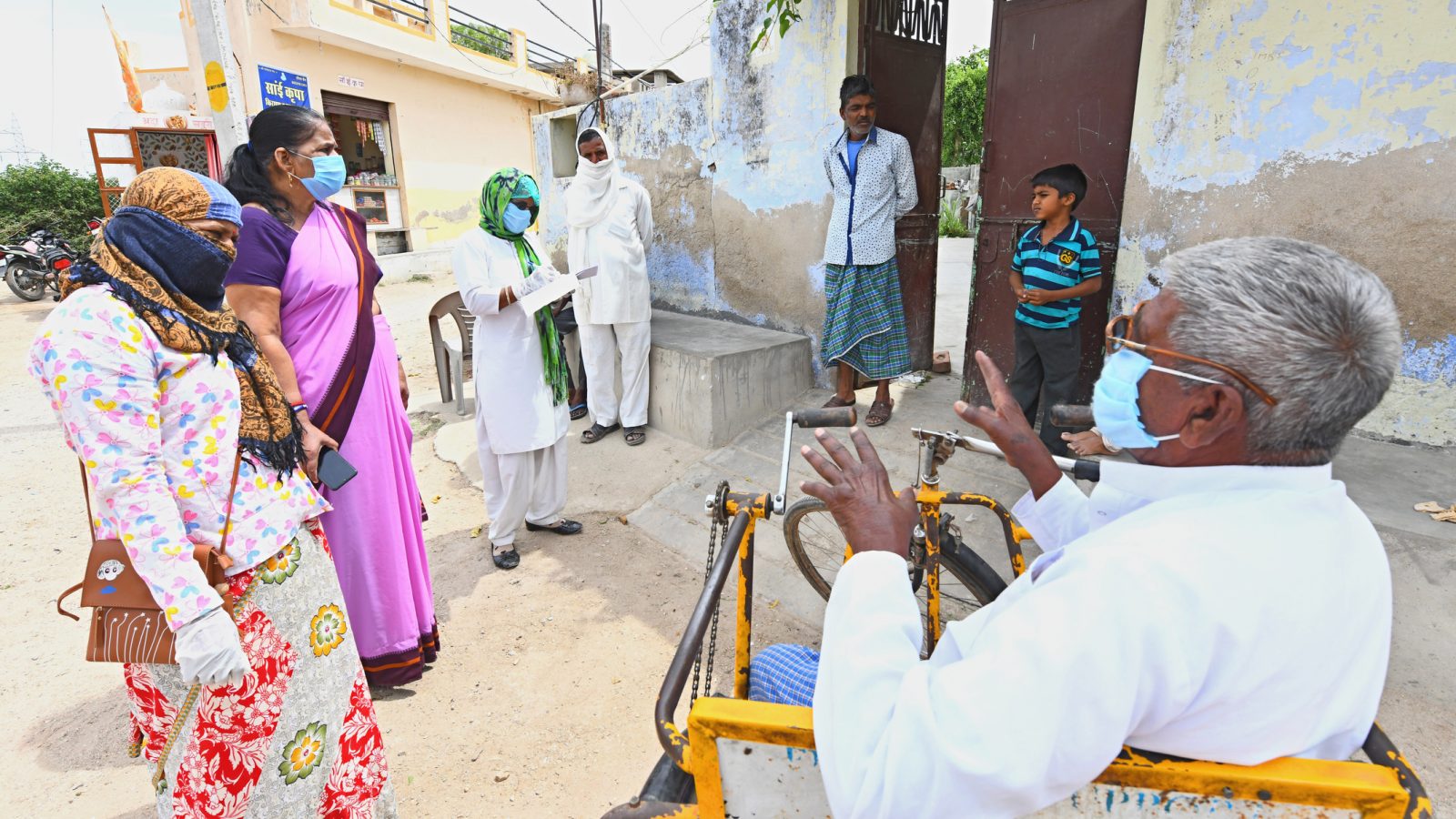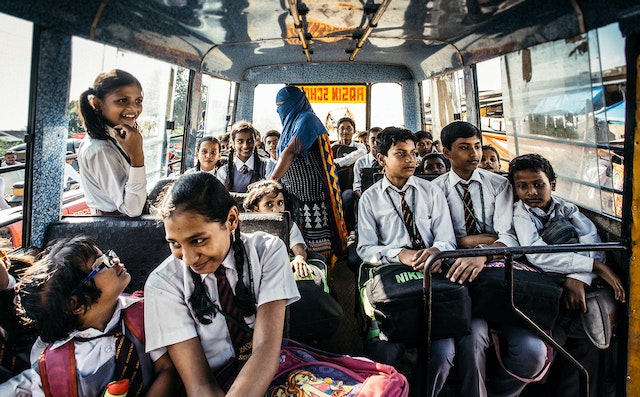
Suggestions on Proposed Amendments to the Rehabilitation Council of India Act, 1992
Submission made to the Department of Empowerment of Persons with Disabilities, Ministry of Social Justice and Empowerment
Summary: Vidhi asked for clarifications from, and made suggestions to the Department of Empowerment of Persons with Disabilities under the Ministry of Social Justice and Empowerment on a proposal to amend the Rehabilitation Council of India Act, 1992, in response to a call for comments.
The Rights of Persons with Disabilities Act (RPD Act) replaced the Persons with Disabilities (Equal Opportunities, Protection of Rights and Full Participation) Act, 1995 in 2016, one of the steps for India to align its legislation, policies and programmes with the ratified United Nations Convention on the Rights of Persons with Disabilities.
The Rehabilitation Council of India (RCI)—a statutory body set up to close the seeming gap of a lack of trained human resources for meaningful rehabilitation in case of a disability—has been attempting to harmonise its law with the RPD Act. Instead of working on the new RCI Act which it proposed in 2017, the Department of Empowerment of Persons with Disabilities invited comments on a proposal to amend the Rehabilitation Council of India Act, 1992.
While fully supporting disability activists who have strongly flagged the Ministry’s stance to propose merely amendments to the RCI Act when what it requires is an overhaul both normatively and in practice, we have provided additional suggestions. These include defining “inclusive educators” under Schedules I and II, including experts with disabilities on the Council, providing clarity on the registration and re-registration processes for rehabilitation professionals and personnel, among others.
Many of these suggestions are based on a forthcoming research study on the RCI and the educators regulated under it. The study focuses on the education and work experiences of special educators in two states, Bihar and Maharashtra. The objective was to study their experiences and how they are regulated had a bearing on the process of disabled students’ inclusion in school education.




